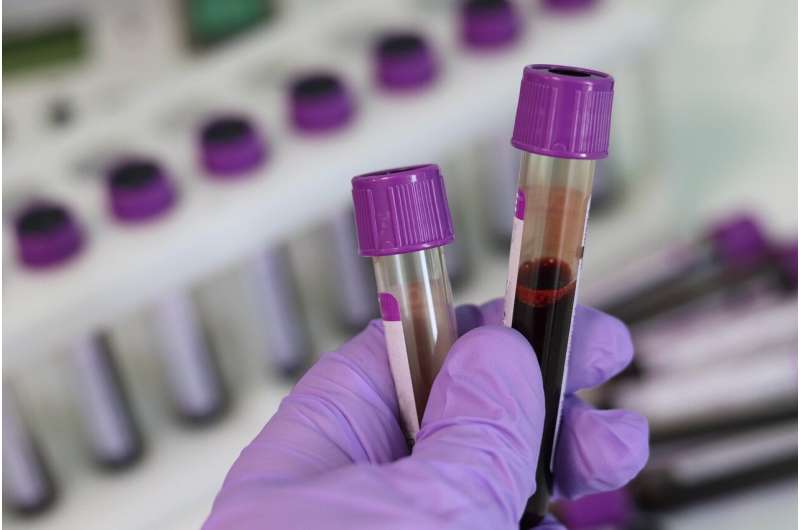Early Detection of Language-Affecting Dementia Through Speech and Hearing Tests

Recent research highlights the importance of speech and hearing assessments in the early diagnosis of a rare form of dementia that predominantly impacts language abilities. Primary progressive aphasia (PPA) is a complex neurodegenerative condition characterized initially by difficulties in finding words, substituting similar words, or mixing up word order in speech. Early symptoms also include challenges in reading, writing, and forming coherent sentences, along with errors in expressing thoughts. These language impairments tend to precede broader cognitive decline, differentiating PPA from other forms of dementia such as Alzheimer's disease.
Diagnosing PPA is particularly challenging because symptoms can resemble those of other dementia types and due to the disease’s heterogeneity, with four distinct variants, each presenting unique linguistic profiles. Despite these difficulties, early identification is possible through specialized assessments like the Montreal-Toulouse Language Assessment Battery (MTL-BR), which evaluates various aspects of oral and written language. A recent study involving 87 participants—29 with PPA and 58 healthy controls—demonstrated that specific tasks within this battery could reliably distinguish between affected individuals and healthy counterparts.
Early diagnosis is crucial because it opens avenues for timely interventions, potentially slowing disease progression and preserving communication skills longer. The research underscores that while the battery is comprehensive, pinpointing key tests could make screening faster and more accessible, aiding clinicians in early detection.
PPA is distinct from aphasia caused by strokes or injuries; it is a progressive neurodegenerative disease affecting the frontotemporal regions of the brain and is considered more aggressive than some other dementias. The condition is often misdiagnosed initially because of its overlapping symptoms with other neurodegenerative disorders. It has four main variants: non-fluent agrammatic, semantic, logopenic, and mixed, each with specific language impairments.
Recent high-profile cases, including actor Bruce Willis and cartoonist Angeli, have brought increased awareness to PPA, emphasizing the need for improved diagnostic tools. Current research efforts aim to refine assessment methods further, enabling early detection of different variants and facilitating better clinical management.
This ongoing research, published in PLOS ONE and led by experts such as Professor Karin Zazo Ortiz, promises to improve understanding and detection of PPA, ultimately contributing to better patient outcomes and quality of life.
Stay Updated with Mia's Feed
Get the latest health & wellness insights delivered straight to your inbox.
Related Articles
Low- and No-Calorie Sweeteners Linked to Accelerated Cognitive Decline
New research links the frequent intake of low- and no-calorie sweeteners to faster cognitive decline, raising concerns about their long-term impact on brain health.
Enhancing Physician Awareness and Screening for Fragile X-Related Conditions
Experts from UC Davis emphasize the urgent need to improve awareness and screening of fragile X-related genetic conditions, including fragile X syndrome and associated disorders, to enable early diagnosis and intervention.
Breakthrough in Childhood Leukemia Treatment: New Drug Combination Shows Promise
A groundbreaking drug combination developed by Cambridge scientists shows promise in treating childhood leukemia more effectively and with fewer side effects, potentially transforming future therapies.
US Cancer Survivors Reach 18.6 Million and Projected to Surpass 22 Million by 2035
The U.S. cancer survivor population is projected to grow from 18.6 million in 2025 to over 22 million by 2035, highlighting the need for equitable care and survivorship support.



